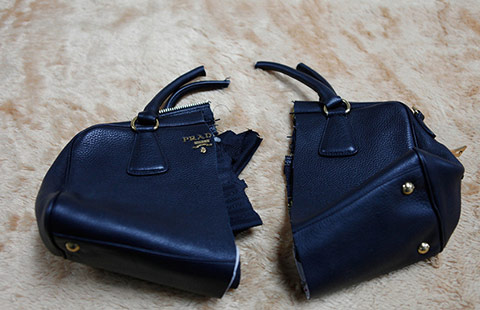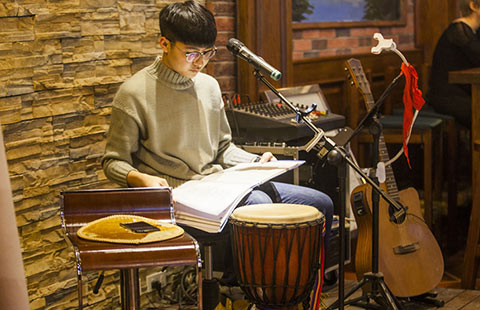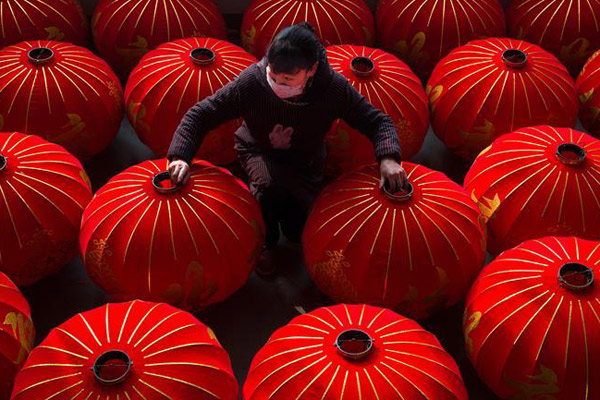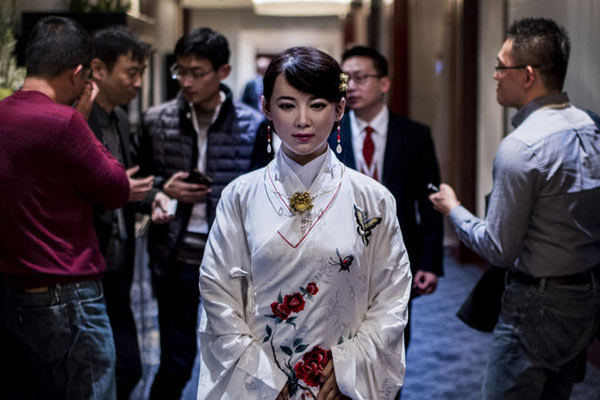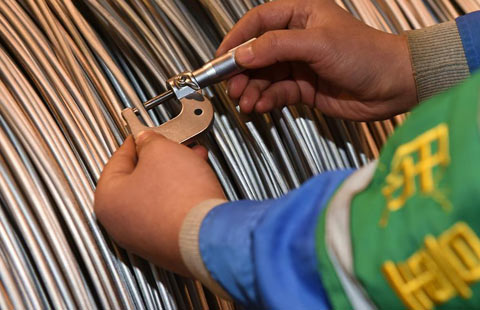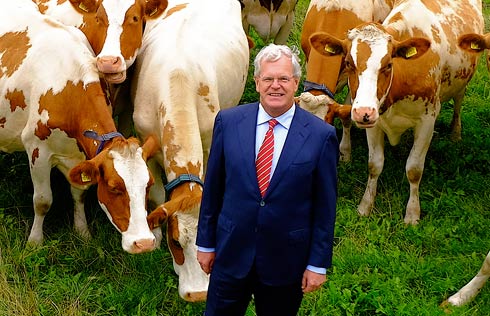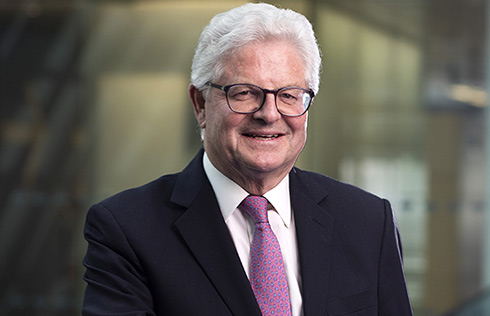Steeling for a sustainable way of hosting Games
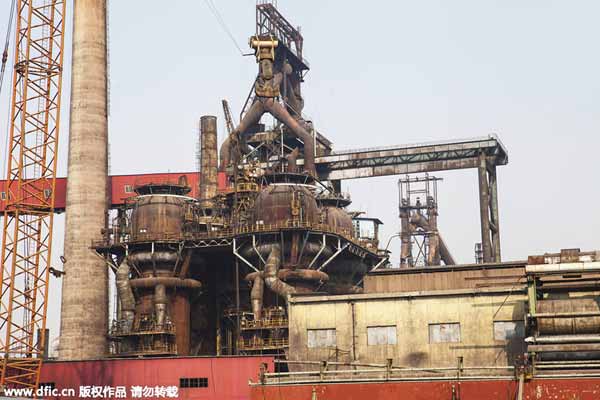 |
|
Discarded blast furnaces in Beijing Shougang Industrial Site Park, August 4, 2015. [Photo/IC] |
With six years to go before the 2022 Winter Olympics, Beijing has already demonstrated a sustainable approach to hosting the event by transforming an old steel mill into an organizational hub.
With its abandoned furnaces and smokestacks, the former Shougang Group site, about 20 kilometers west of Beijing, still evokes memories of the capital's industrial past.
Yet, after extensive renovations to turn silos and warehouses into offices, the complex's western section has been revitalized, with 176 employees of the Beijing Organizing Committee of the 2022 Olympic and Paralympic Winter Games already busy at work preparing for the sporting extravaganza.
The relocation to the old factory comes after President Xi Jinping called for a more sustainable approach to hosting the games, which is in line with the International Olympic Committee's proposal highlighted in the Olympic Agenda 2020 to cut bidding and organizing costs for hosts.
Guo Huaigang, director of the committee's secretarial and administrative department, said: "Resettling the committee here makes the most out of the old industrial site while implementing Beijing's vow to prepare for and host the Games in a sustainable and economic way."
In July 2015, Beijing and Zhangjiakou, in neighboring Hebei province, were named as hosts of the 2022 Winter Olympics. The event will be staged in three venue clusters: in the capital's downtown area, northwestern Yanqing county and in Zhangjiakou's Chongli county.
While the exteriors of the structures remain relatively unchanged, inside they have undergone a series of low-carbon refurbishments, including being fitted with solar lighting and facilities for rainwater recycling.
The current office area houses nine departments and two operation centers of the committee. After the completion of the refurbishment in February, the complex will be able to accommodate as many as 1,000 employees, according to the committee.
Shougang Group began relocating from the site in 2005, as part of measures to reduce air pollution in the run-up to the 2008 Beijing Summer Olympics. In the next five years, the steel company gradually moved its entire operations to Caofeidian in Hebei province.
After shutting its plant in the capital in 2010, the State-owned enterprise rolled out a blueprint to revitalize the site, such as by opening an industrial park.




